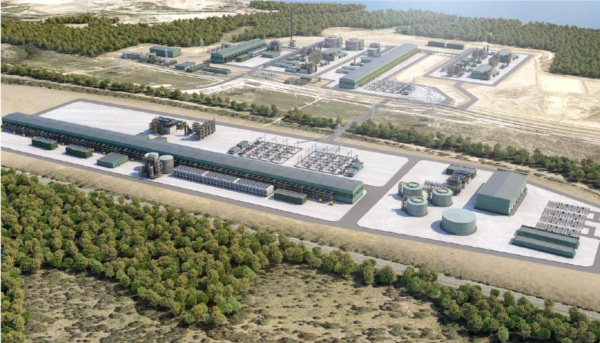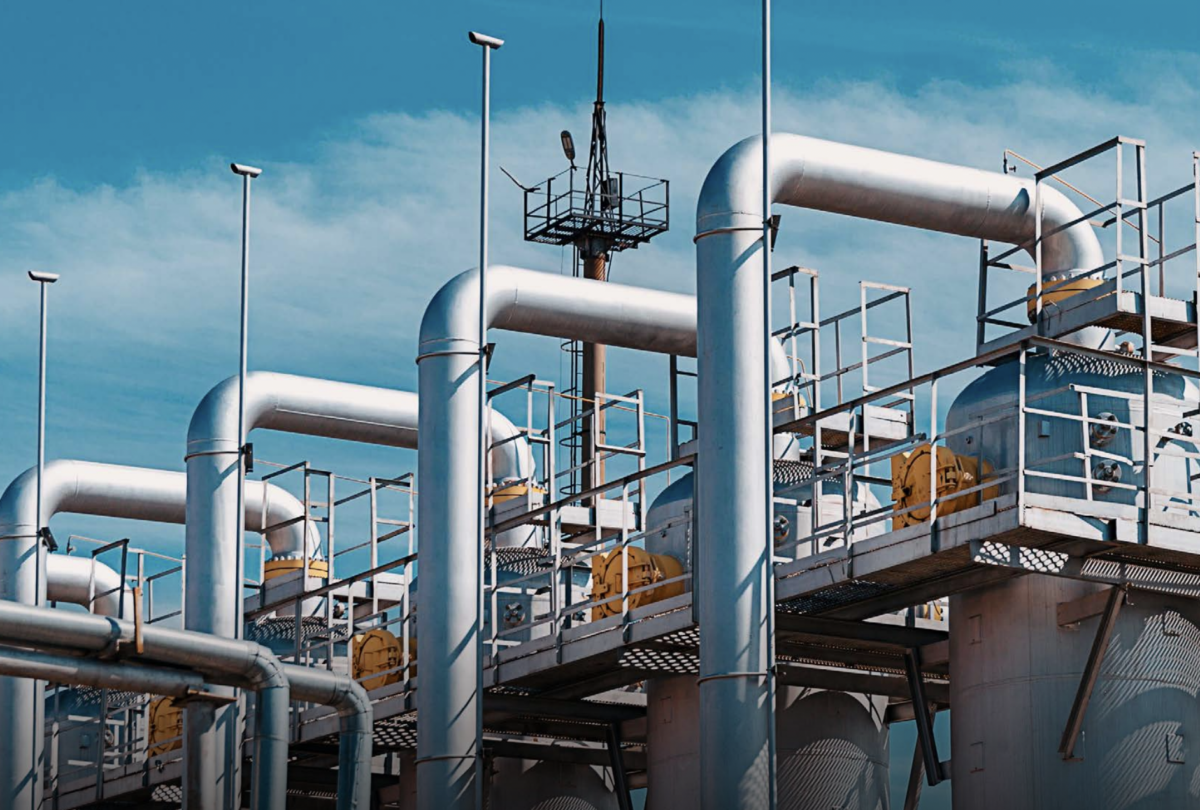Japanese investment giant Marubeni Corporation’s planned green hydrogen production project in South Australia (SA) has been chosen by Japan’s Ministry of the Environment (MOEJ) as a pilot project under a program aimed at accelerating the introduction of hydrogen to the Indo-Pacific region and lowering greenhouse gas emissions in developing countries.
The MOEJ said it will subsidize a part of the demonstration project which will manufacture hydrogen produced with renewable energy in South Australia, where large-scale solar and wind power generation are abundant, and transport and utilize it in partner countries such as Pacific Island countries.
“Through this project, Japan aims to reduce greenhouse gas by utilizing advanced decarbonization technologies and to contribute organization of global green hydrogen network in Indo-Pacific region,” the MOEJ said in a statement.
Japan’s Environment Minister Tsuyoshi Yamaguchi said the project “is a great start to our bilateral cooperation between Japan and Australia to expand the green hydrogen market and build an international supply chain in the Indo Pacific area, including the island countries in the Pacific”.
Marubeni is currently working with the South Australian government on the development of the project, including site selection.
SA Energy Minister Dan Van Holst Pellekaan said Marubeni had chosen South Australia as its preferred location due to the state’s high-quality natural resources and developed infrastructure.
“For a number of years, we’ve been building relationships with key governments and companies who are interested in hydrogen produced by renewable energy,” he said.
“It’s wonderful to see these partnerships solidifying into investments.”
The Minister said South Australia has an abundance of wind and sun already being converted to renewable energy with the state aiming to be net-100% renewables by 2030, and 500% of current grid demand in renewable energy by 2050.
“It is an exciting opportunity for South Australia to showcase to the world that we are ideally located for low-cost, clean hydrogen production to help others to reach their carbon emissions reduction targets,” he said.

Woodside Petroleum
The announcement marks another step forward in Marubeni’s plans to establish an export pipeline of large-scale production of renewable hydrogen and ammonia in Australia.
Marubeni earlier this year signed a heads of agreement with Australian-based oil and gas producer Woodside and fellow Japanese company IHI Corporation to investigate the production and export of green hydrogen produced from renewable hydro power in Tasmania.
Woodside announced last week it has secured land for the proposed H2TAS hydrogen plant after initial feasibility studies concluded that it is technically and commercially feasible to export ammonia to Japan from the Bell Bay area.
The proposed H2TAS project would be a phased development with the potential to support up to 1.7 GW of electrolysis for hydrogen and ammonia production. The initial phase would have capacity of up to 300 MW and target production of 200,000 tonnes per annum of ammonia.
Marubeni is also part of a consortium which is investigating the commercial viability of developing a 3 GW electrolysis plant at Gladstone in Queensland with the view to producing green hydrogen for export to Japan and use in local industry.
Marubeni and state government-owned electricity generator Stanwell are part of a broader consortium of Australian and Japanese energy companies which have commenced a $10.4 million feasibility study for a proposed large-scale production and export project.
The project aims to produce up to 36,500 tonnes per annum of renewable hydrogen, commencing production in the mid-2020s and scaling up to 328,500 tonnes per annum in 2031 to meet forecast demand.
This content is protected by copyright and may not be reused. If you want to cooperate with us and would like to reuse some of our content, please contact: editors@pv-magazine.com.









By submitting this form you agree to pv magazine using your data for the purposes of publishing your comment.
Your personal data will only be disclosed or otherwise transmitted to third parties for the purposes of spam filtering or if this is necessary for technical maintenance of the website. Any other transfer to third parties will not take place unless this is justified on the basis of applicable data protection regulations or if pv magazine is legally obliged to do so.
You may revoke this consent at any time with effect for the future, in which case your personal data will be deleted immediately. Otherwise, your data will be deleted if pv magazine has processed your request or the purpose of data storage is fulfilled.
Further information on data privacy can be found in our Data Protection Policy.